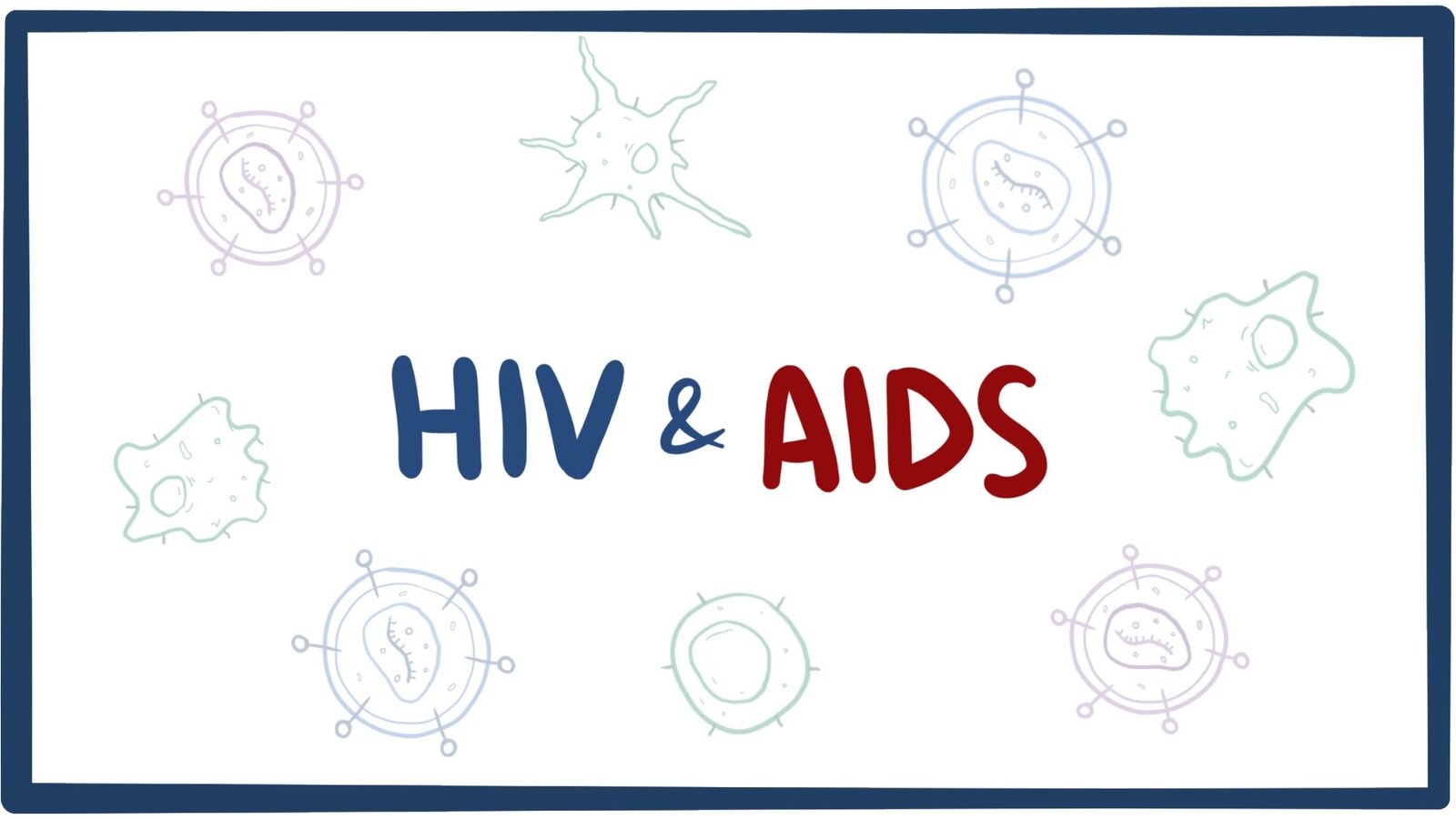HIV and AIDS Pathophysiology and Clinical Manifestations
Apr 19, 2023
This paper discusses HIV and AIDS pathophysiology and clinical manifestations. HIV is a virus that attacks the immune system, leading to weakened immunity, which leaves the body vulnerable to infections and diseases. AIDS is an advanced stage of HIV infection, in which the virus has damaged many of the body's cells responsible for fighting disease.
The pathophysiology of HIV includes many different processes that lead to decreased immune function over time. The virus enters cells of the immune system, such as CD4+ T-cells (also known as helper T-cells), and uses those cells to replicate itself. This replication process eventually damages or kills infected cells, reducing the number of healthy CD4+ T-cells available to fight off pathogens. As this destruction continues, more and more of the body's immune system is weakened, resulting in decreased immunity to infections and diseases.

The clinical manifestations of HIV vary depending on the stage of infection. In early stages, symptoms may be flu-like and include fever, fatigue, sore throat, nausea, and swollen lymph nodes. As the virus progresses and weakens the immune system further, other types of infections can occur such as tuberculosis or an opportunistic infection like Pneumocystis pneumonia (PCP). Additionally, people living with HIV often suffer from extreme exhaustion due to a lower number of healthy CD4+ T-cells available to fight off pathogens.
HIV left untreated can lead to serious illnesses or death. Therefore it is important for those infected to seek appropriate medical treatment to slow the progression of the virus and reduce the risk of serious complications. Antiretroviral therapy (ART) is used to slow down the replication of HIV and prevent it from destroying more CD4+ T-cells, allowing the body's immune system to function better.
In conclusion, HIV is a virus that attacks the immune system and can lead to severe health issues if left untreated. By understanding the pathophysiology and clinical manifestations of this disease, healthcare providers can better diagnose and treat individuals who are living with HIV. With appropriate medical care, those infected may be able to live longer and healthier lives.
